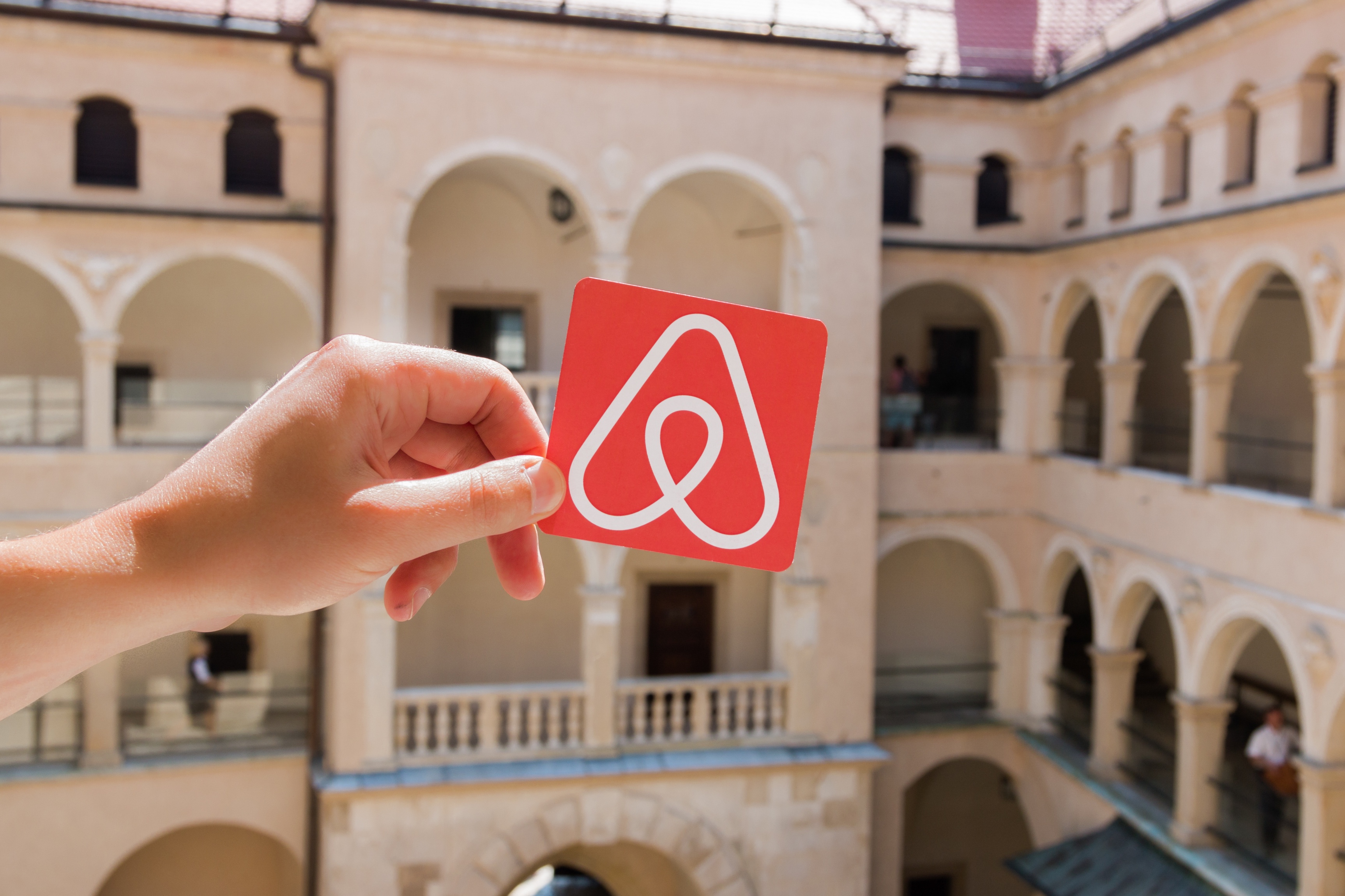
Hotel Technology is Key to Managing a Guest’s Experience
Advancements in technology have brought us limitless convenience and have not only redefined how consumers live but also have changed the way they..
Armed with our mobile device, everyone and everything is a quick tap away. As a result our expectations of and how we interact with business has changed.
—Justin DeRise
Skift recently turned the big 5 and to mark their fifth birthday they decided to reminisce on how the travel industry has changed since they began. following their lead we also took a look back at the last 5
years in the hotel industry to see how much has happened in such a short space of time – here are a few that stand out for us… and in no particular order!
(1)
5 years ago we were living in a pre-online travel consolidation phase. Expedia, Travelocity, and Orbitz were separate companies and kayak was but a twinkle in Priceline’s eyes. In recent years there has been a wave of consolidation in the online travel world that’s led to two key players in the U.S. (Priceline Group and Expedia) and one in China (Ctrip). And it wasn’t just the OTAs that were at the consolidation
game; there were also some unprecedented large-scale mergers and acquisitions of hotel operator companies. As Skift put it, if it wasn’t Expedia buying up nearly every former competitor, Accor was buying up nearly every future competitor and Marriott every adjacent competitor. Between them they own 56 brands and a whopping 9,200 hotels.

(2)
Some cities have experienced shortfall in long-term rental accommodation due to Airbnb and some hoteliers claim it lead to an uneven playing field believing it has quickly become a threat as travellers choose to book with independent hosts rather than with traditional hotels.
With that said, others would debate that Airbnb has only brought a business to the online world that was already in place long before the World Wide Web. Nevertheless, Airbnb has reshaped vacation rentals and only continues to expand.
(3)

Armed with our mobile device, everyone and everything is a quick tap away. As a result our expectations of and how we interact with business has changed. When it comes to the hotel stay, guests are looking for convenience and efficiency but also a personalised tailored experience while not compromising on quality… all at the same time. It’s not too much to ask? Right?
In the past few years the long stand established companies of hospitality technology have to rethink their
product offering as newcomers to the market began offering a plethora of more affordable agile mobile products and services that would enable them keep up with the demands of their new digital savvy guests and help them remain competitive.
For hoteliers who might feel overwhelmed, the key is to focus on and invest in hotel technologies that make the travel experience easier and more personal for guests.
(4)
In the last few years we have also seen the launch of new hotel concepts such as Yotel, Citizen M, Mama Shelter, Zuko etc. These new “hotels” combine style and comfort with affordability and a community atmosphere. Smart design is key with every inch of space used wisely. They offer different accommodation types from modular sleeping area that guests share to rooms and apartments for two to five people with a private bathroom and a kitchen area. They boast great locations, fast free Wi-Fi and every room is the same price.
With new lodging concepts in the market and with the rise in popularity of Airbnb, hotels have had to diversify in order to remain competitive and to ensure that they continue to appeal to the more digital savvy guest and ‘millennial’ traveller. As a result hotels have begun to expand their brand by
offering experiential versions of their brand, such as Marriott’s Moxy. They come at a cheaper price point, and often have a strong focus on lifestyle, locality and insider knowledge, compared to their bigger siblings. Similar to the concept hotels, they too have a communal emphasis; the lobby is the hub of the action boasting plenty of seating, there is usually a full-service bar, barista, kitchen style facilities usually well stocked with drinks, snacks, and full meals that’s accessible 24/7. Communal games as well as other amusing items are in place to make you want to hang out and linger.
So how much has the hotel industry changed in the last 5 years? A lot, we recon! These are the main ones that stood out for us; if we’ve missed something huge or left something out that you think should be included on the list, let us know!

Advancements in technology have brought us limitless convenience and have not only redefined how consumers live but also have changed the way they..

Most businesses provide some sort of support option such as per-project, or per-user /volume pricing structure, while some offer support as a “feature” that gets

One very attractive feature of cloud technology is its ability to consolidate pertinent guest stay information and preference data (from multiple sources) all in one


See how StayNtouch’s Cloud PMS, Guest Mobility, and Guest Kiosk solutions deliver better results for hotels through better front & back of house communication, increased mobile touch-points, more revenue and operational efficiency, and unlimited interfaces.
Your demo will include how to:

Manage and Set Tasks Across Your Departments

Ensure Guest Satisfaction & Safety With Contactless Check-in Options

Automate Easy Upsells & Monetized Early/Late Checkouts

Set & Manage Rates/Availability

Integrate With Tools and Platforms Essential
to Your Hotel
And More!